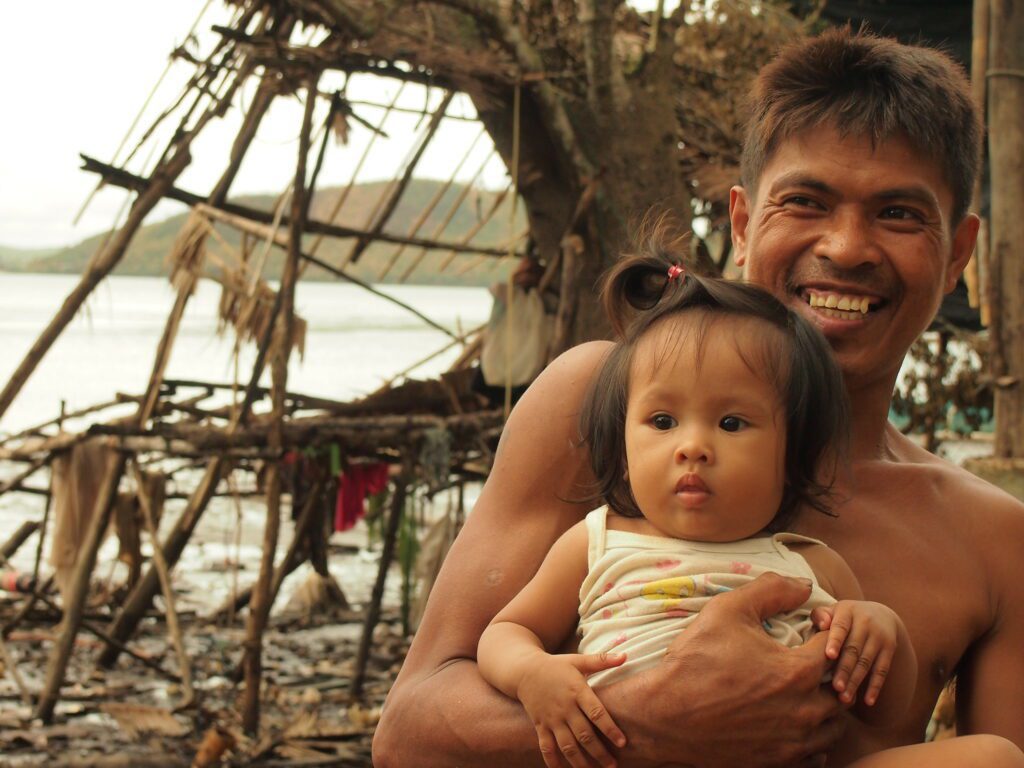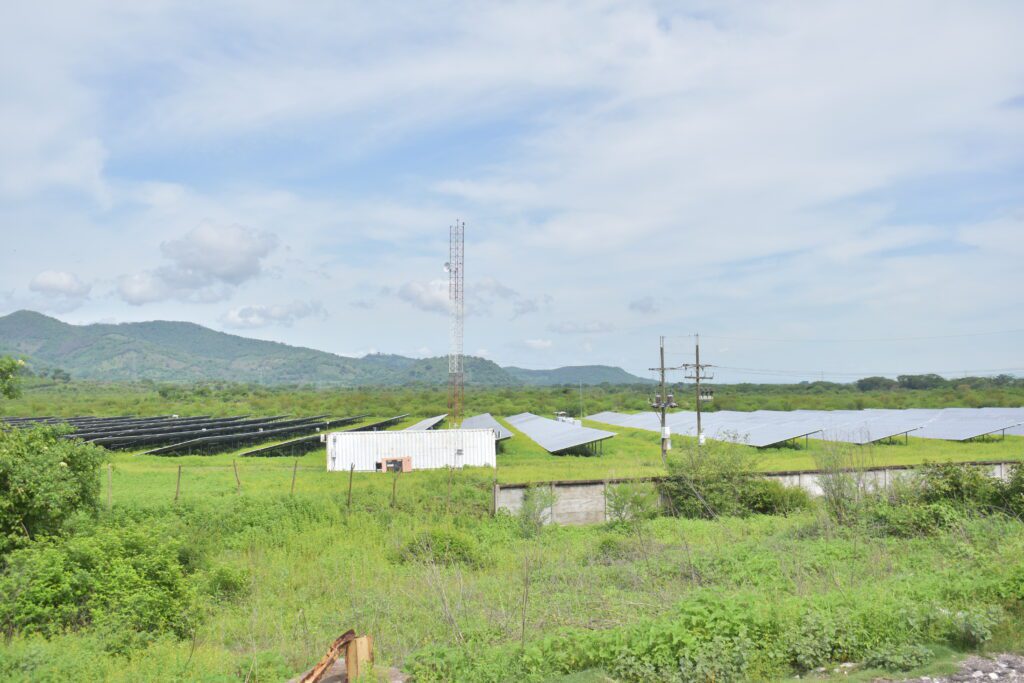By Kathleen Cross, Campaign Officer – Advocacy and Mobilization
With very limited time left to avert catastrophic climate change, it is imperative that COP26 negotiators seek fundamental change and avoid false solutions that protect market interests and the status quo.
To protect the dignity of all who share this planet, human rights must be at the centre of climate policies. Sadly, this is often lost in political negotiations that tend to focus solely on the economic dimension.


Humanizing climate analysis and action
Climate change is already ravaging many communities costing lives, destroying ecosystems and forcing displacement. While some ecological restoration is possible, many of the changes are irreversible.
Past COPs have conceived of Loss and Damage under the Warsaw International Mechanism and the Santiago Network, but these have not yet been mobilized to provide effective measures or compensation. Done well, Loss and Damage would be an ethical way to respond to how climate inaction affects communities in the Global South, and the irreversible harm it produces
CIDSE notes that Loss and Damage should be included alongside emissions as a measure of the human impact of climate change and actions taken to achieve the goals of the Paris Agreement. COP26 must agree to an outcome indicator to allow Loss and Damage to proceed immediately.
Financing for Loss and Damage should also be a standing priority at COPs alongside Adaptation and Mitigation. COP26 should also enshrine the Polluter Pays Principle, taxing polluting companies’ profits to contribute for the loss and damage cause by their actions or inaction.
False solutions
Geoengineering, carbon capture and storage and carbon markets all fail to address the root cause of the problem—that a small portion of the Earth’s inhabitants, including Canadians, consume more than their fair share of the planet’s resources, often more than the planet can support. Our lifestyles and consumption also produce more emissions than our planet can sustain.
The concept of “technological salvation” provides false hope in unproven processes of resolving a problem that, being human in origin, requires human solutions. The Ecclesial Network Alliance for Ecological Justice believes that “COP26 gives an opportunity like no other to shift direction and transition to a new social, economic and cultural system that stops our unjust ways and structures toward people and nature.”
In Laudato Si’, Pope Francis calls us to resist the technocratic paradigm and to connect with others, not merely though easily scrolled-past and ignored digital means, but in ways that fully recognize the human spirit and the innate dignity of each person. As climate policies are discussed at COP26, we must ensure that people are not reduced to pawns expected to adapt to economic and political plans and that integral human development is at the centre of climate actions.
The solutions to this crisis are not just about reducing tons of CO2, but start with a collective commitment to radically shift our lifestyle and stop all activities harming the environment those that defend it. The solution must include recognition and support for Culture-based Solutions (CbS) and pay for ecological services.
Ecclesial Network Alliance for Ecological Justice, 2021; 6
An integral view of land use
Together, land use change and forestry management account for a third of cumulative emission totals. They are also deeply implicated in the loss of biodiversity. As such, they are areas of major concern in climate action planning. Climate actions must be structured to prevent land degradation; protect ecosystems and waterways; and prioritize people over profits.


We have seen how prioritizing economic and technological solutions over people’s rights can be detrimental, particularly to already vulnerable populations. Green energy programs, nature-based solutions and even adaptation and mitigation programs must be defined in ways that benefit those whom they directly affect and properly addresses the intersections of climate and development.
Specific attention must be paid to the rights of Indigenous peoples, who are the protectors of 80 per cent of the world’s biodiversity and much of the world’s forests. Mere consultation with stakeholders in climate plans must be replaced with approaches that genuinely collaborate with local communities and safeguard the right of Indigenous peoples to exercise free, prior and informed consent.
Climate change means shifting hearts and minds (a true metanoia in faith based terms), policies and practices towards a ‘system change’ mentality. COP26 must take the first radical steps to build a new inclusive and socially just planetary contract beyond material ‘for profit’ goals.
Ecclesial Network Alliance for Ecological Justice, 2021; 5-6

